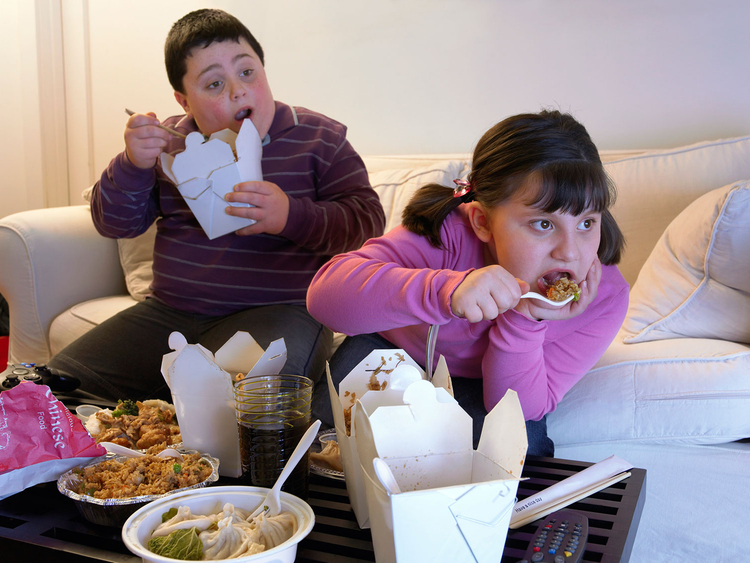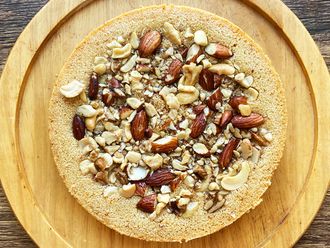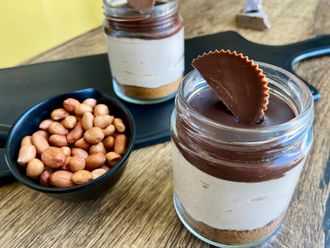
Melbourne: Eating a healthy diet during adolescence could reverse the junk-food cravings in males but not females, research shows.
The study, published in the FASEB Journal, also showed that the intensity of junk food cravings depends a lot on mother's diet during late pregnancy.
There are two critical windows during the developmental pathway to adulthood when exposure to junk food is most harmful, particularly for female offspring, the researchers noted.
Harmful
"Our research suggests that too much junk food consumed late in pregnancy for humans has the potential to be more harmful to the child than excess junk food early in the pregnancy," said Jessica Gugusheff, post-doctoral researcher at University of Adelaide in Australia.
"Importantly, it also indicates that if excess junk food was consumed by the mother in those early stages of pregnancy, there may be a chance to reduce those negative effects on the baby by eating a healthy diet in late pregnancy," Gugusheff said.
The second critical window to turn away junk food cravings emerges during adolescence, according to the study.
Differences
"We have found differences between males and females," said Gugusheff. "Our experiments showed that eating a healthy diet during adolescence could reverse the junk-food preference in males but not females," she added.
The junk food preference is believed to result from a "desensitisation" of the normal reward system (the opioid and dopamine signalling pathway) fuelled by highly palatable high fat, high sugar diets.
Offspring with less sensitive reward systems need more fat and sugar to get the same "good feeling".
"This brain area grows at its fastest during these critical windows and is therefore most susceptible to alteration at these times," project leader Beverly Mühlhäusler from University of Adelaide explained.



















